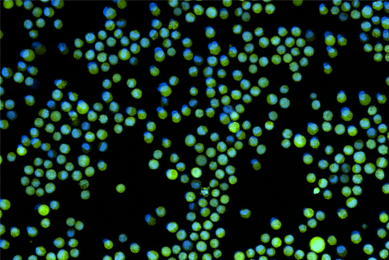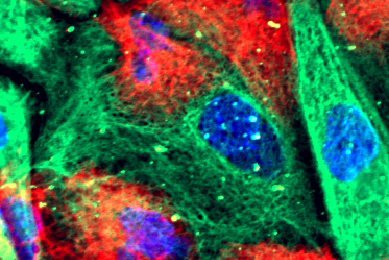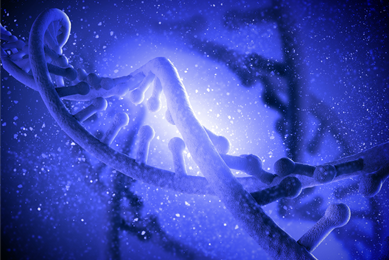Why it’s important
When researchers use misidentified cell lines in experiments, the research is inevitably flawed and not reproducible. More concerning, new products developed may not be safe. Cell authentication is required by the National Institutes of Health for grant funding and by a number of scientific journals prior to publication. Moreover, the Food and Drug Administration requires validation of all materials included in investigational new drug applications.
When should you test your cell lines?
- When you receive a new cell line into your laboratory
- After 10 passages
- After preparing a cell bank
- When in doubt
What's the solution?
Verify the authenticity of your cells at all phases of your research. Don't wait until you are far into development of a novel therapeutic to test your cell lines. STR analysis helps ensure the quality and integrity of human cell lines in the scientific community. STR markers enable researchers to uniquely identify cell lines, show relatedness between cell lines, and compare profiles—use of the 8 core loci enables a 1 x 108 discrimination rate for unrelated individuals.
Our human cell line authentication service, utilizing short tandem repeat (STR) profiling makes cell authentication easy. ATCC FTA Sample Collection Kit for Human Cell Authentication Service. We offer single kits, sets of 10, or sets of 20 kits including detailed spotting instructions and a mail-in envelope to send us your sample(s). Our service will identify STR markers at specific loci to establish a DNA fingerprint of human cell lines and amplify 17 STR loci plus Amelogenin. We then run the STR profile of your cell sample against all the baseline STR profiles in the ATCC STR profile database.
Learn about cell authentication and ATCC STR analysis in two minutes
Dig deeper into the value of STR analysis

Human Cell STR Testing
ATCC authenticates human cells through its easy-to-use human cell short tandem repeat (STR) profiling service. Once you receive your FTA Sample Collection Kit, spot your cells onto Whatman FTA cards, let them dry, and mail them to ATCC.
More Webinar
Webinar
Restoring Reproducibility in Research: Four Tools to Authenticate Your Cells
This webinar discusses how you can help restore reproducibility in research by using ATCC’s portfolio of authentication services and products, including human and mouse STR profiling, mycoplasma detection, and cytochrome 1 oxidase barcoding for species identification.
More
Authentication
Patient outcomes depend on accurate diagnostic assays. Discover why advanced biological models are essential for the development and validation of diagnostic tools.
More